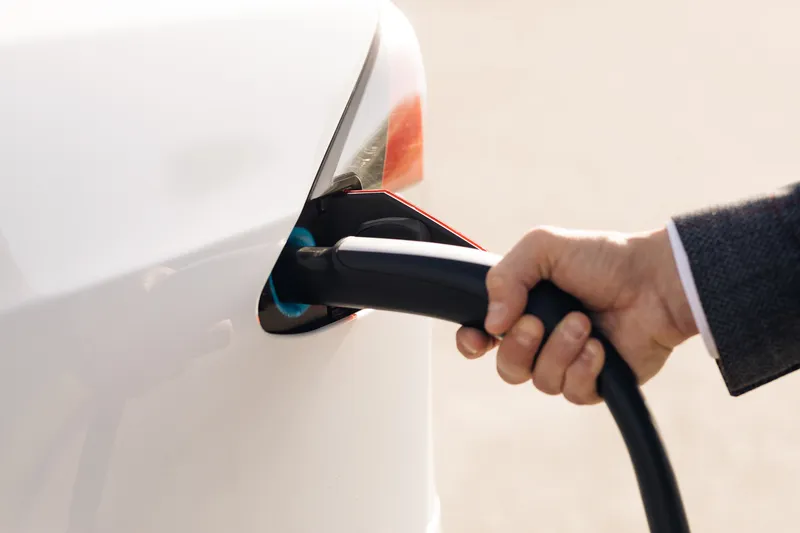The city of Sacramento in California is to trial electric vehicle (EV) charging on its own EVs.
Plugless Power technology, based on the 100 year old principle of magnetic induction, was developed to allow electric vehicle drivers to avoid the repetitive process of physically plugging-in and unplugging their EVs on a daily basis. Previous trial participants have commented on the convenience of the wireless charging system and the effortless lifestyle it affords an EV driver.
The Apollo participants will be trialing the second generation of Evatran's technology, improved through the first phase of the program, launched in March 2012 with Google, Hertz, Duke Energy, Clemson University, and the Los Angeles Department of Water and Power (LADWP).
"We are deeply committed to creating a sustainable city," said John Shirey, Sacramento city manager. "We made considerable strides over the years making aspects of our vehicle fleet, our city-owned buildings, parking garages, and street lights eco-friendly. With this partnership and pilot program, we have the ability to go even further with incorporating green practices that make good sense. In the end, we as a City are setting the example of reducing our carbon footprint."
"This second phase of the program," commented Rebecca Hough, Evatran's chief executive officer and co-founder, "is aimed at confirming our production design is ready for release to individual electric vehicle owners. The first phase of the Program guided us towards the optimal design for user interface, communication speed, industrial design, and parking guidance. For the second phase, we've focused on getting a diverse collection of installation locations – from Detroit to southern California to the south east – to insure we're ready to launch the product on a nationwide scale."
Evatran plans to have over twenty installations as part of the Apollo trial program. The partners will trial the second generation systems for three months and then Evatran will release the product to individual EV owners across the country.










